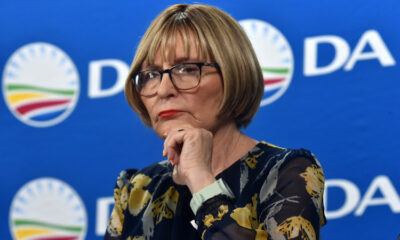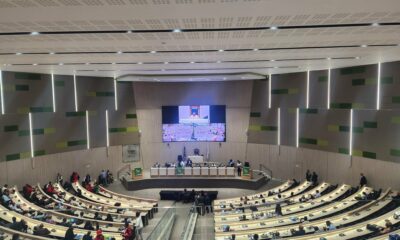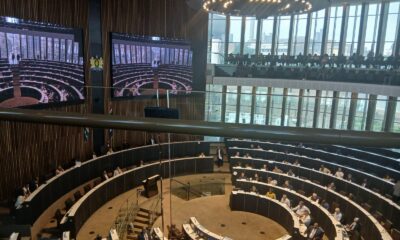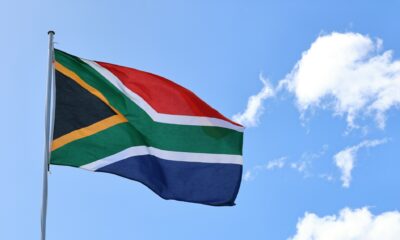News
Zille urges Ramaphosa to clarify MTN links amid US corruption probe
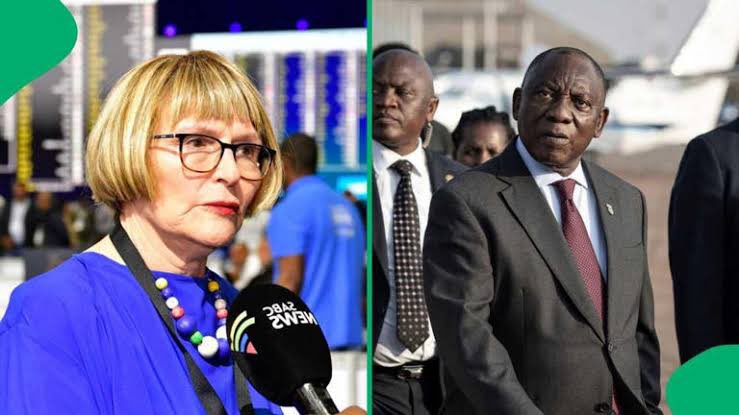
Helen Zille demands clarity from Ramaphosa over MTN past
Democratic Alliance (DA) leader Helen Zille has stepped into the spotlight again, this time challenging President Cyril Ramaphosa to address his historical links with MTN, South Africa’s telecom giant. The call comes amid a US Department of Justice investigation into alleged bribery and corruption tied to MTN contracts in Iran and Afghanistan.
MTN and Ramaphosa: The backdrop
Ramaphosa chaired MTN from 2001 until 2013, during the period when controversial contracts were reportedly awarded overseas. Although he now serves as president, questions linger about how decisions during his corporate tenure may intersect with public office responsibilities.
Zille, via social media, demanded transparency. “Not even subject to the interests of MTN and its chairpersons past and present??? Really? Tell us the truth now,” she wrote, reflecting public frustration over unresolved accountability.
International diplomacy under scrutiny
The controversy surfaced shortly after Ramaphosa spoke at the Tokyo International Conference on African Development (TICAD). There, he highlighted South Africa’s trade relations with Japan in sectors like construction, technology, and agriculture. He emphasized that South Africa engages globally on a strategic, non-partisan basis, aiming to uphold the nation’s constitutional values.
Public and political reactions
South Africans have voiced mixed reactions online. Some see Zille’s challenge as overdue scrutiny of political elites; others defend Ramaphosa, arguing past corporate roles should not overshadow current governance. The debate highlights the tension between transparency and political loyalty in South Africa’s evolving democracy.
Why this matters
The MTN issue is more than corporate history. It touches on global perceptions of governance, accountability, and ethical leadership in South Africa. With the US investigation ongoing, calls for clarity from the president may influence not just domestic politics, but also investor confidence and diplomatic relations.
Zille’s intervention underscores a growing insistence from civil society and opposition parties: leaders must account for both their public and private actions. South Africans are watching closely, and the president’s response could define his legacy on transparency and trust.
{Source: Thesouthafrican}
Follow Joburg ETC on Facebook, Twitter , TikTok and Instagram
For more News in Johannesburg, visit joburgetc.com

